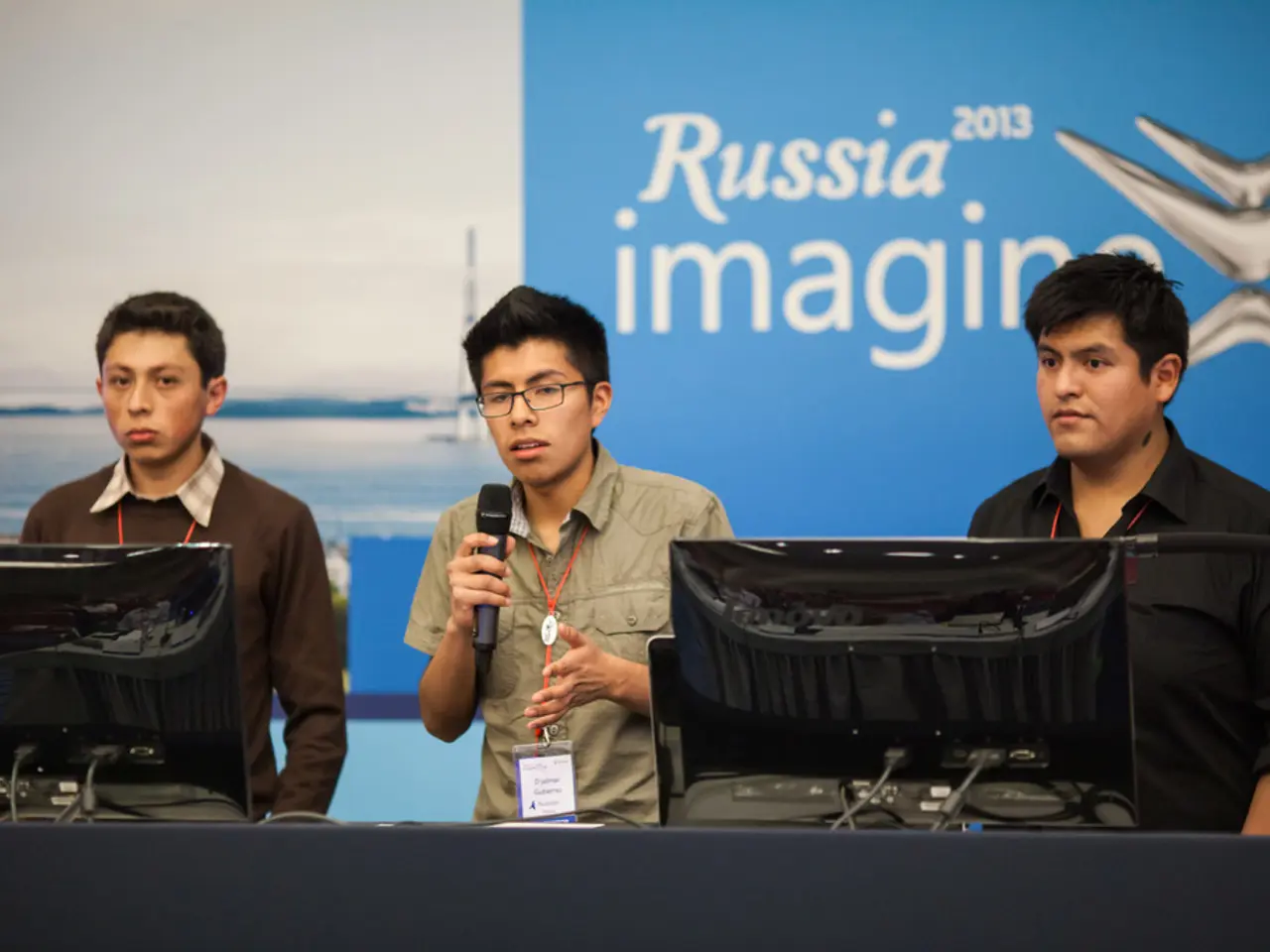Regional Consequences: Delving into the potential impacts in the specified geographical areas
The proposed Entertainment Complex Bill, which aims to legalise casino resorts in key regions across Thailand, is currently in a state of indefinite postponement and strong possibility of withdrawal. This development comes amidst mounting public opposition, political concerns, and the suspension of Prime Minister Paetongtarn Shinawatra.
Originally scheduled for parliamentary discussion on the 9th of July, 2025, the bill has been delayed and deprioritised. Other bills, such as those concerning political amnesty and peaceful society, have taken precedence. This postponement followed pressure from both the public and coalition members who wanted more time to understand and discuss the bill.
The government has expressed its intention to only allow a small portion (around 10%) of the entertainment complexes to involve casinos, with the rest dedicated to other economic activities. However, significant public dissatisfaction remains, particularly from civic groups and opposition parties who argue the bill could worsen social divisions and distract from more urgent national issues like the economy and political stability.
Opposition parties and civic groups have petitioned Paetongtarn to withdraw the bill entirely, urging that if such policies are important, they should be part of a future electoral platform rather than rushed through amid current crises. With the deepening political crisis and the Prime Minister’s suspension, alongside coalition government realignments, there is growing expectation and indication that the Entertainment Complex Bill will be formally withdrawn from the parliamentary agenda when the House meets on the 9th of July, 2025.
Paetongtarn is a key advocate for the proposed Entertainment Complex Bill, which aims to establish up to five integrated casino resorts in Thailand. The bill has garnered support from six major international gaming firms, including Macau-based Galaxy Entertainment Group, Melco Resorts, and MGM Resorts International. However, critics warn it could lead to a rise in organised crime, human trafficking, and gambling addiction.
The suspension of a pro-business prime minister and the delay of a major economic initiative add further instability to Thailand's economy. The country faces additional economic headwinds, including looming U.S. tariffs that could complicate recovery efforts in a post-pandemic economy. Nearly 54,000 Thai citizens have signed a petition requesting a national referendum on the Entertainment Complex Bill.
Notably, Cambodia's longtime strongman Hun Sen has expressed hope for a new prime minister in Thailand to solve issues with neighboring countries, especially with Cambodia. The statement from Hun Sen was widely interpreted as a swipe at Paetongtarn and a signal of diminished confidence in her leadership.
If removed from office, Paetongtarn would become the fifth Thai prime minister in 16 years to exit under pressure. Her father, Thaksin Shinawatra, was ousted in a 2006 military coup. Supporters argue the bill would attract foreign investment, boost tourism, and generate significant tax revenue. However, the current status of the Entertainment Complex Bill underscores the complex political landscape in Thailand, where economic initiatives and political stability often intertwine.
- Despite the push from six major international gaming firms such as Macau-based Galaxy Entertainment Group and MGM Resorts International, the proposed Entertainment Complex Bill, which includes plans for integrated casino resorts, faces strong opposition from both the public and coalition members, potentially leading to its withdrawal from the parliamentary agenda.
- In light of the deepening political crisis and the suspension of Prime Minister Paetongtarn Shinawatra, sports betting technologies, online casinos, and poker games could find less favor in Thailand, as concerns over social divisions, economic issues, and political stability rise, challenging the bill's momentum and eventually leading to its possible withdrawal.








